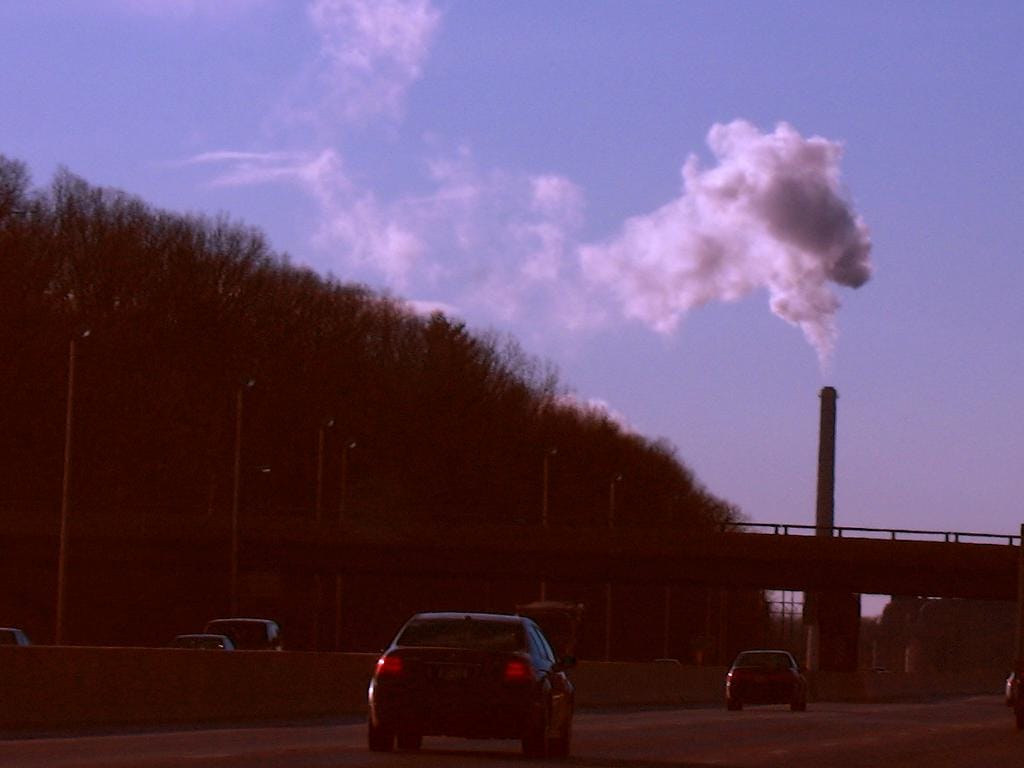German emission reductions set to fall short of 2020 targets

A court in the western German city of Münster has ruled that the electric utility company RWE must indefinitely postpone its planned clearing of the 200-hectare (500-acre) Hambach forest, which has been a battleground between environmental activists and police for six years. Following a lawsuit brought by BUND, the German branch of Friends of the Earth, the senior administrative court in Münster ruled on Friday the 5th of October that RWE must postpone the clearing until the court reaches a verdict, which the company expects will take until late 2020.
RWE, which owns the land on which the 12,000-year-old forest is located, had plans to clear half of the forest to make way for an open-cast lignite mine. Consequently, the company’s share prices have plummeted since the ruling.
Lignite, also known as “brown coal”, is a combustible rock formed from compressed peat. CO2 emissions from lignite combustion are often significantly higher than those from traditional “black coal” combustion, due to its high moisture content and low density.
According to Greenpeace, the German energy ministry had supported the planned clearing, since although the CO2 emissions of lignite are often significantly higher than traditional coal combustion, it has a higher energy output. However, the court in Münster ruled that RWE had not provided sufficient evidence to prove that the forest clearing was necessary to maintain German energy supply.
Protesters, some of whom have occupied the forest for six years, living in treehouses, have been forcibly removed by police in recent weeks, following a ban on protests in the forest. An administrative court in Aachen has since overturned the ban. On Saturday the 6th of October, thousands of anti-coal demonstrators descended on the forest to celebrate the unexpected court victory against RWE.
Meanwhile, Germany is on course to fall significantly short of its stated goal of reducing CO2 emissions to 40% below 1990 levels by 2020 unless urgent measures are taken, according to experts. The thinktank Agora Energiewende has published an inventory of current data which casts doubt on the possibility of achieving the 40% emission reductions, which Germany initially agreed to do in 2007. The report states that ‘Without further measures, Germany’s climate protection target for 2020 will be drastically missed’. A draft government report recently stated that emissions were only expected to fall by about 32% by 2020. The report blames higher than expected economic activity and economic growth for the shortfall.
The findings call into question Germany’s international reputation concerning environmental matters. Germany has invested heavily in renewable energy sources but still relies on fossil fuels more than most European countries. Since the Fukushima nuclear disaster in Japan in 2011, Germany has begun phasing out nuclear power plants. However, this has led to a greater reliance on fossil fuels such as coal to compensate for the loss of nuclear power. Back in May, the European Commission began legal proceedings against Germany and five other European countries, whom it accused of breaching laws imposing limits on air pollution, according to Deutsche Welle.
It remains to be seen how German Chancellor Angela Merkel’s government will respond to the findings, and if Germany can maintain its reputation of being the European leader on environmental policy.




